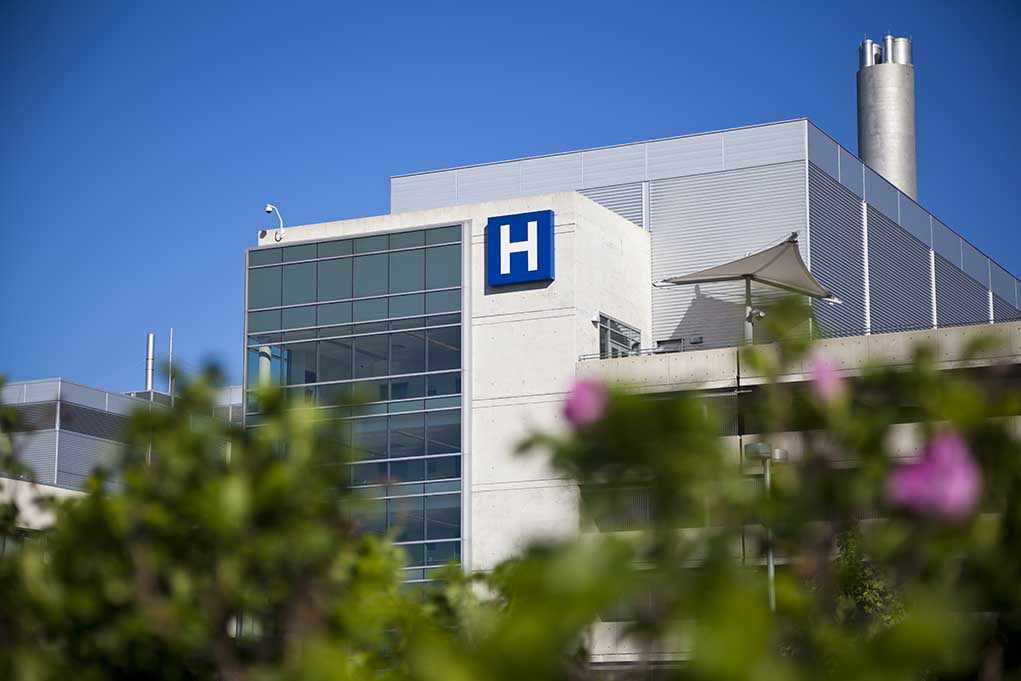
Taxpayers are left footing the bill as private equity-backed hospital CEOs extract millions, shutter vital facilities, and force states to bail out essential care—raising urgent questions about government oversight, corporate greed, and the erosion of public trust.
Story Snapshot
- Over $130 million in taxpayer funds spent to prop up hospitals after private equity-driven bankruptcies.
- Critical hospitals closed, reducing access to trauma and emergency care in multiple states.
- Executives and private equity owners collected massive payouts as hospitals were financially weakened.
- States forced into crisis spending with limited hope of recovering losses.
- Scrutiny grows over unchecked corporate power and threats to essential services.
Private Equity’s Playbook: Extract, Collapse, and Walk Away with Millions
Steward Health Care and Prospect Medical Group, once among America’s largest for-profit hospital systems, collapsed in 2024 and 2025 after years of financial engineering by private equity owners. These firms orchestrated complex real estate deals, including multi-billion-dollar sale-leasebacks with Medical Properties Trust, pulling cash out of hospital assets and leaving the institutions saddled with massive rent obligations. Meanwhile, executives and investors paid themselves hundreds of millions in dividends, often financed by risky loans. The result: hospitals stripped of value, underfunded, and dangerously exposed to failure.
As these hospitals buckled, the consequences were immediate and devastating for communities. In states like Massachusetts, Pennsylvania, and California, facilities that served as the sole providers of trauma or emergency care shut their doors. State and local governments scrambled to keep hospitals open, pouring in more than $130 million in emergency funding. Despite these efforts, five Steward hospitals closed permanently, with others pausing services, leaving patients without critical care and workers facing layoffs. The public was left paying the price for decisions made far from the bedside.
Taxpayer Burden and the Failures of Oversight
With bankruptcy filings and closures mounting, state officials faced mounting political pressure to intervene. Massachusetts established a command center and daily monitoring for remaining Steward hospitals, while other states raised property taxes to compensate for lost revenue. Yet even with these extraordinary measures, there was little hope of recouping public funds. Most hospitals were sold to new investor owners—often without the regulatory scrutiny conservatives demand—continuing a cycle where private interests profit while taxpayers and communities bear the risk. These bailouts exemplify the dangers of unchecked corporate power and government overreach at the expense of hardworking Americans.
Public outrage grew as the details of executive payouts and debt-financed dividends emerged. In one instance, Prospect Medical Group paid $457 million in dividends, with $90 million going to its CEO, all while deferring necessary investments in patient care. Meanwhile, layoffs numbered in the thousands, and communities lost vital healthcare lifelines. Critics, including policy experts and patient advocates, argued that the private equity model prioritizes short-term gains over long-term stability—an approach fundamentally at odds with the values of accountability, stewardship, and service that conservatives hold dear.
Calls for Reform and the Risk to Essential Services
The aftermath of these bankruptcies has triggered calls for reform and heightened scrutiny of private equity’s role in essential public services. Lawmakers and watchdog groups urge stricter regulations to prevent similar crises, warning that the prioritization of profit over patient care undermines the nation’s healthcare backbone. The impact extends beyond healthcare, raising alarms about the influence of financial interests on vital institutions and the growing expectation that taxpayers will clean up corporate messes. While some argue that private investment can rescue struggling hospitals, the evidence from this episode points to a broken system in need of urgent repair.
Waste of the Day: Hospital CEOs Stick Taxpayers with the Bill https://t.co/Rg10pKtT6w
— RealClearInvestigations (@RCInvestigates) August 15, 2025
Conservative Americans, already wary of government waste and erosion of community values, see these events as a stark example of misplaced priorities and a lack of accountability. As families watch vital services disappear and public funds evaporate, frustration mounts over leaders who allow profit-driven actors to gamble with the nation’s well-being. This story is a clarion call for vigilance: when oversight fails and special interests take precedence, it is ordinary citizens who pay the highest price—sometimes with their wallets, sometimes with their lives.
Sources:
Steward Health Care bankruptcy, one year anniversary: Five hospitals closed, others sold
Steward Health Care’s Bankruptcy, One Year Later
Steward, MPT deal keeps hospitals open, slashes billions in debt




